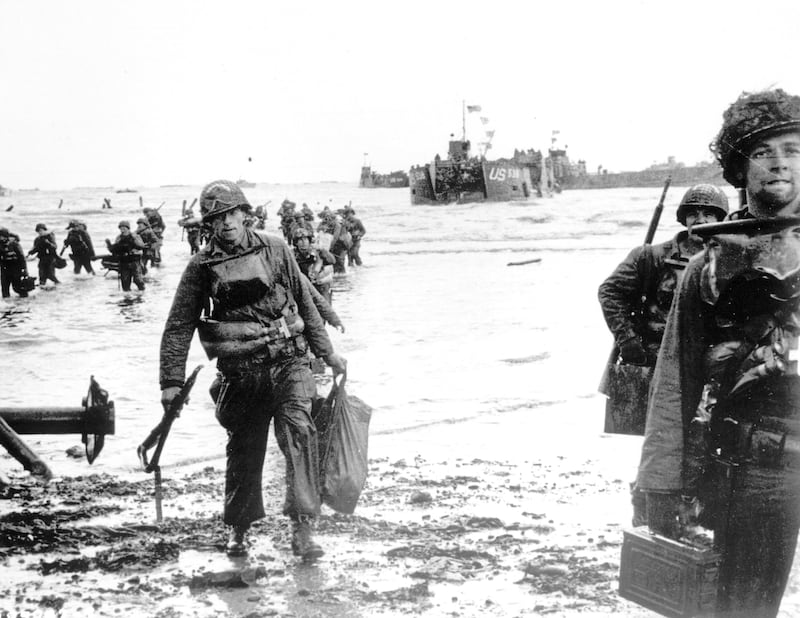Less than 1% of the 16.4 million soldiers who fought in World War II are alive today, according to the World War II Museum.
That translates into about 66,000 veterans. But those figures are a year old, so the numbers are certainly much fewer today. The museum says 131 World War II veterans die each day, on average.
The 81st anniversary
As the world prepares to commemorate the 81st anniversary of the remarkable military victory known as Operation Overlord, or D-Day, which took place on June 6, 1944, it’s worth pondering what will happen when no participant in that remarkable day is alive. How long will the world remember what heroes did to preserve freedom and liberty at a time when the forces of tyranny, fascism and bondage were so strong and formidable?
The question is impossible to answer unless today’s generation resolves to keep the stories alive. The war was captured in more video and audio recordings than any war preceding it. Many of today’s new crop of senior citizens were raised on stories told by parents and other relatives who fought, or by immigrants who came here after being liberated by U.S. soldiers. It will be up to each new generation to keep the remarkable deeds of that day alive, and to pray that a similar sacrifice will not be required in the future.
The U.S. Holocaust Museum estimates between 180,000 and 220,000 European refugees came to the United States between 1933 and 1945. Nazi persecution was the largest motivator for this migration, at least for those who were lucky enough to make it here. The world cannot afford to forget the lessons of tyranny and its many warning signs.

Tyranny and oppression
Unfortunately, tyranny and oppression, with its typical progression toward expansionism through war, never seem to go out of style. Today, the free world faces new threats from nations that seem to be consolidating power. A war is underway once more in Europe. The NATO alliance is facing pressure and threats. Unity is more important than it has been at any time since 1945.
Four years before D-Day, when Britain faced its darkest days under German aggression, Prime Minister Winston Churchill famously told the House of Commons:
“We shall go on to the end, we shall fight in France, we shall fight on the seas and oceans, we shall fight with growing confidence and growing strength in the air, we shall defend our Island, whatever the cost may be, we shall fight on the beaches, we shall fight on the landing grounds, we shall fight in the fields and in the streets, we shall fight in the hills; we shall never surrender.”
Ultimately, that promise and the victory over tyranny required the united efforts of many allied nations, led by the United States.
The war’s outcome would have been different if not for the daring and deadly invasion of Nazi-occupied Europe on D-Day.
On that first day, 4,414 Allied soldiers died. Thousands more were to give their lives before Adolf Hitler’s forces were crushed. Before that happened, Churchill’s words turned prophetic. The allies did indeed fight on the streets in France, and on the sea and in the air, liberating suffering people as far north as Norway.
True meaning of ‘hero’
The word “hero” gets overused in modern society. However, its application is never more appropriate than when used on the soldiers who fought on D-Day. As one veteran from that day told the Deseret News years ago, he and his fellow soldiers had been told, in stark terms, that half the men in the group were going to die on that mission.
“They told us that. But everybody went anyway,” he said. That is stunning to contemplate.
That character, that love of freedom more than love of their own lives, is what the world honors each June 6. It is something the world must continue to honor, to study, to ponder and to absorb forever.

